The Dollar Strengthens on China’s Economic Woes and Expectations of High U.S. Interest Rates
The U.S. dollar has reached a two-month high, poised for its fifth consecutive week of gains, as investors seek safer assets amid concerns over China’s economy and expectations of sustained high interest rates in the U.S.
- The People’s Bank of China (PBOC) has set a stronger-than-expected daily fixing, boosting the Chinese yuan from a nine-month low. However, worries persist over China’s economic troubles, including the bankruptcy filing of property developer China Evergrande and default risks in its shadow banking sector.
- China’s securities regulator has introduced measures to revive the sinking stock market, but investors remain skeptical about their effectiveness if the economy continues to struggle.
- The Federal Reserve’s minutes from its latest meeting indicated that most members of the rate-setting committee see significant upside risks to inflation, suggesting a potential for further rate increases.
- In the UK, the British retail sales weakened more than expected in July, leading to a decline in sterling against the euro. Shoppers are deterred by heavy rain, high inflation, and consecutive interest rate hikes.
- The yen’s recent depreciation raises concerns about intervention by Japanese authorities. The Australian dollar, often seen as a proxy for China, also fell as it tracks the yuan.
Hot Take: The dollar’s strength is driven by China’s economic struggles and expectations of continued high interest rates in the U.S. However, concerns over China’s financial and property sector, as well as the effectiveness of stimulus measures, may impact market sentiment. The potential for further rate increases in the U.S. and weak retail sales in the UK add to the dollar’s advantage. Intervention risks by Japan’s authorities and the decline of the Australian dollar highlight the broader impact of global market sentiment. Meanwhile, bitcoin faces a decline amid the risk-off sentiment in world markets.

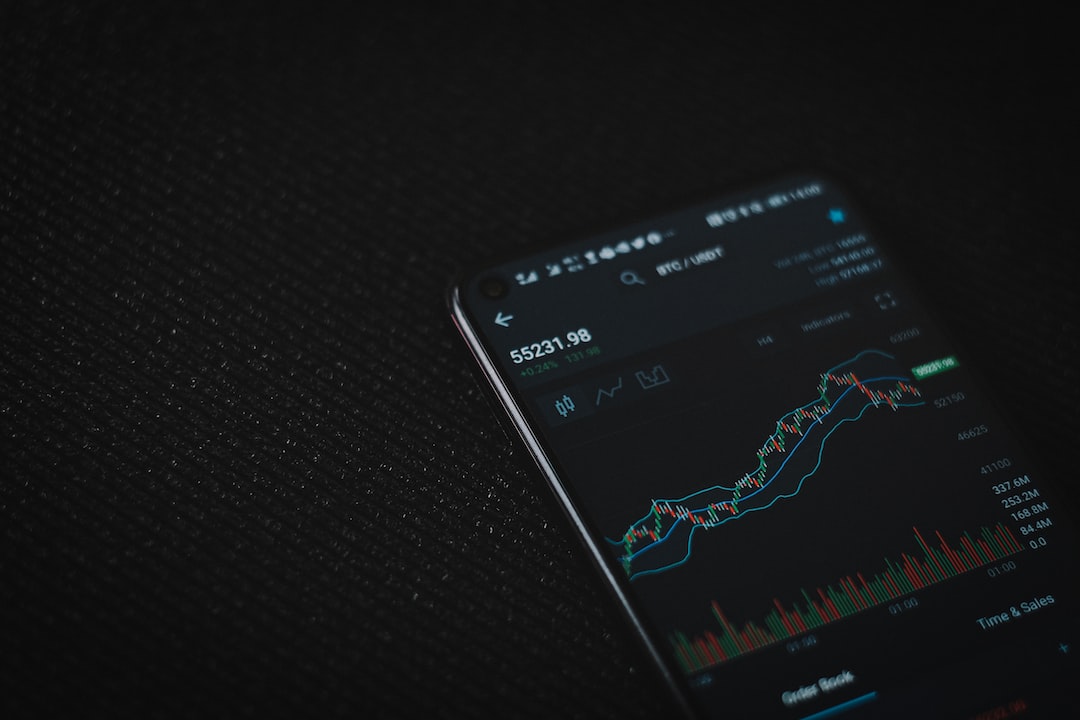
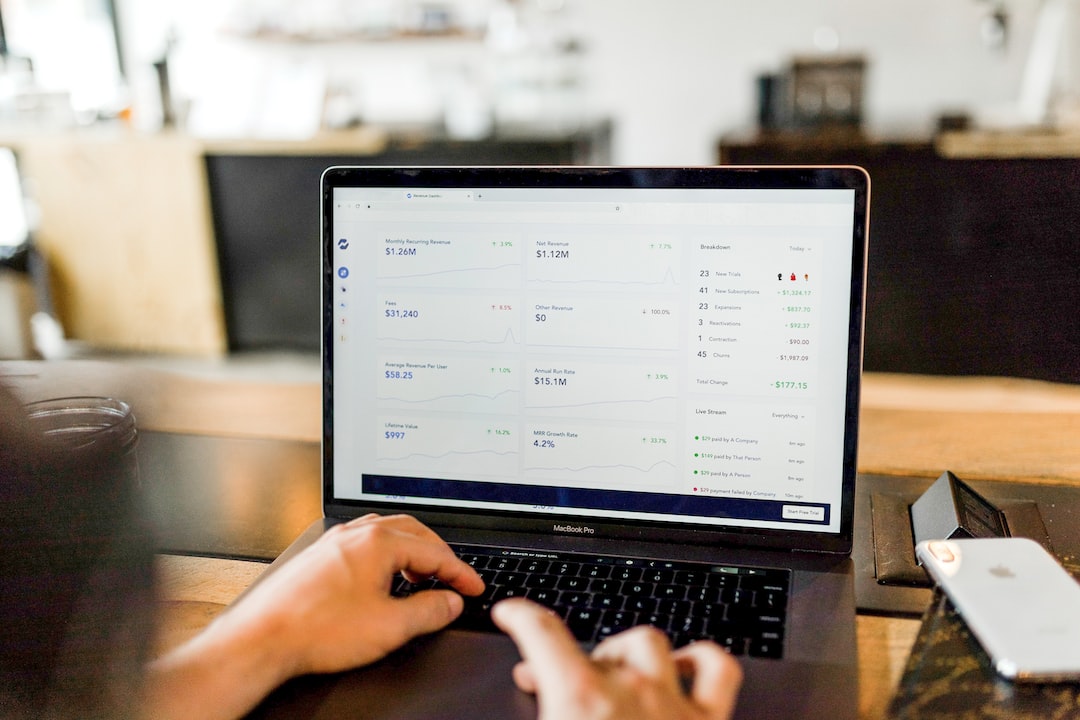
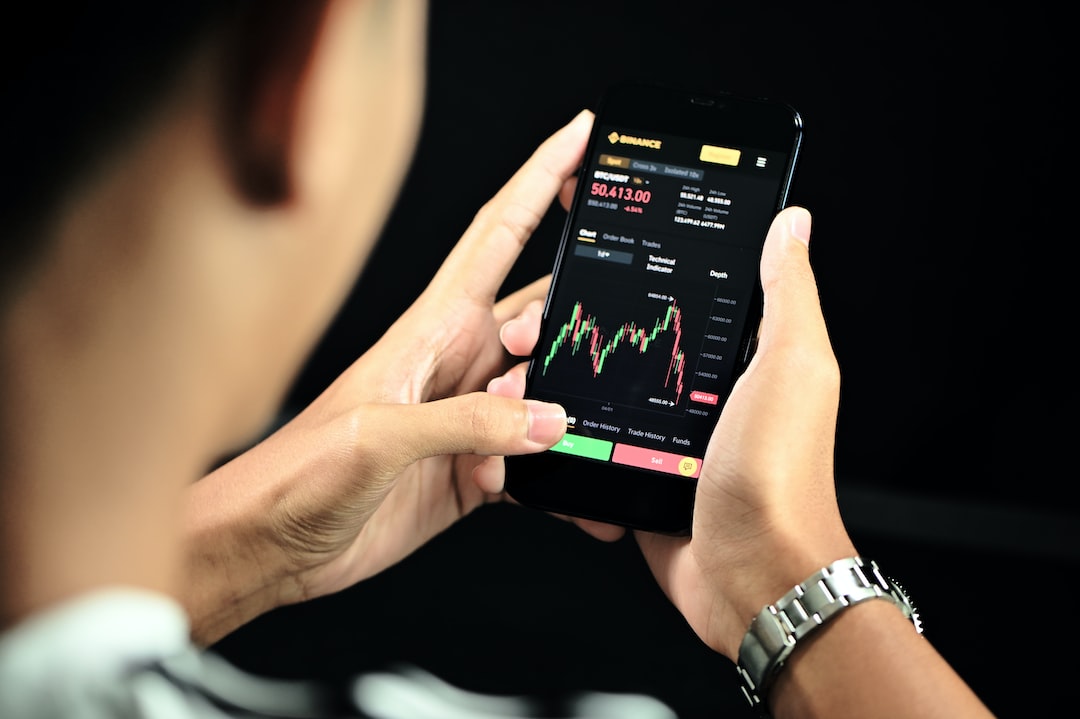

 By
By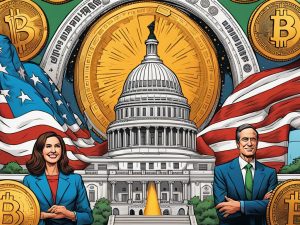

 By
By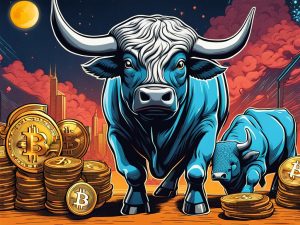

 By
By